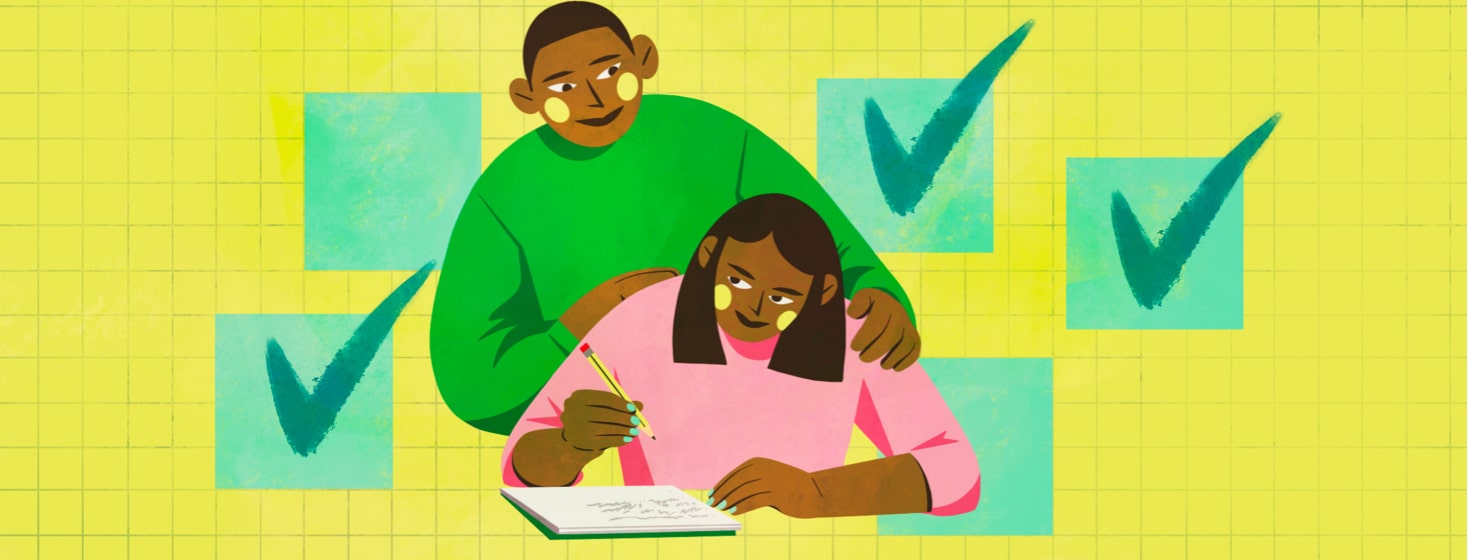Preparing for Total Knee Replacement Surgery
If you’ve been following my story, you know that I finally decided to have total knee replacement surgery after years of struggling with pain and disability. Actually, I would end up having both knees replacements within three months of each other.
Choosing the date of your knee surgery
Before setting a surgical date for the first total knee replacement, I wanted to make sure that I would have the help I anticipated needing at home after surgery. I chose a date where my husband would: 1) be able to stay home to help me for a few days, 2) be available to take me to physical therapy appointments until I could drive again, and 3) be able to take over family caregiving duties for my mother-in-law.
Preparations prior to surgery
As soon as surgery was scheduled, I received a large packet of information from my orthopedic surgeon. There were several things that I needed to do ahead of time to prepare. Here are a few of the requirements and suggestions I received:
Schedule pre-surgical testing at the hospital
This had to be done within two weeks of surgery, but preferably no sooner than one week before surgery. Testing for me included bloodwork, urine analysis, testing for MRSA/MSSA, and an EKG.
Choose a physical therapy practice for recovery
Once I chose the PT practice, and preferably a specific physical therapist, I had to let my surgeon’s assistant know so that PT orders could be sent to the office. This was very important to do ahead of time because I was to schedule my first PT session for 2 days after surgery and the physical therapists in our area get booked up WAY in advance. I scheduled 2 months of PT appointments even before the office received the official orders.
Fill a prescriptions ahead of time
I needed an antibiotic for my nose for 5 days, twice a day before surgery (but not before pre-surgical testing at the hospital) to reduce the risk of MRSA (although I tested negative as a carrier).
Obtain a special cleaning solution
I had to get Hibiclens solution for four special showers prior to surgery according to a prescribed schedule. The hospital gave me a small bottle at my pre-surgical appointment.
Launder sheets and towels
I had to use clean sheets and towels after each special shower taken for the 3 nights prior to surgery. I moved around and slept on different sides of our primary bed and the guest bed before surgery for the requirement. My husband was out of town for some of these nights. He slept in “used” portions of a mattress when he returned.
Use an enema
The night before surgery, I used an enema to reduce the risk of contamination during surgery. This may be an old-school recommendation, but my doctor was an old-school doctor with many years of experience.
Stay healthy
Most importantly!!! Do not do anything to damage the leg before surgery. Do not get any bug bites or cuts on the skin (I wasn’t even supposed to shave). Do not get sick in any way. These precautionary recommendations meant that I couldn’t safely ride my bike outdoors or work in the yard in the days prior to surgery. So I stayed home to stay safe.
Some other things that helped
Preparing food ahead of time
Before surgery, one thing I did to make recovery at home easier was preparing and freezing some meals. I even bought some prepackaged frozen vegetables. My husband and I had lived without a microwave for almost a decade, but I accepted one as a gift from a neighbor. That helped after surgery and we are still enjoying the convenience now.
Building leg strength before surgery
Another thing that I did at home before surgery was I began physical therapy exercises common for post-surgical recovery. I found that it helped build some strength and flexibility in my legs prior to surgery. I think that this made a positive difference and is one reason my recovery went so smoothly following surgery. I’ll share more about recovery in a future article.
So much goes into surgical preparations before you ever show up at the hospital. If you have had joint replacement surgery, what are some special or unexpected things you had to do before surgery? Please share your story in the comments.
Be well,
Lisa
My other articles on RheumatoidArthritis.net

Join the conversation